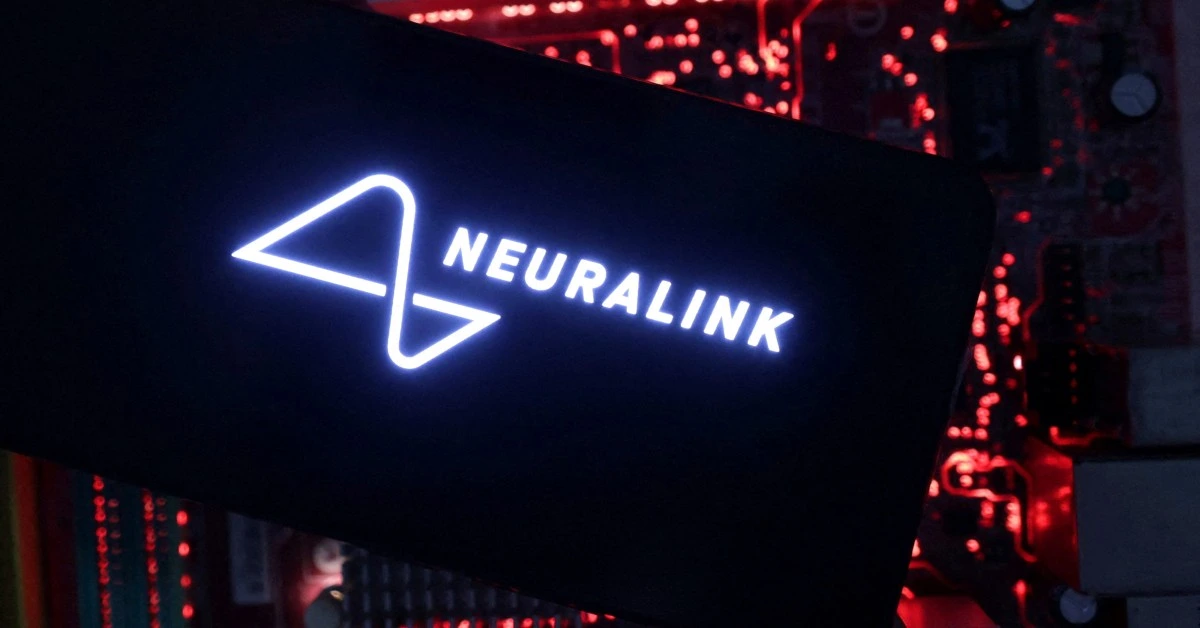
CANADA – Elon Musk’s brain-chip startup, Neuralink, has received approval to launch its first clinical trial in Canada, marking a significant milestone in its quest to help paralyzed individuals control external devices using only their thoughts.
The trial will take place at Toronto Western Hospital, part of the University Health Network (UHN), and will focus on patients with quadriplegia—individuals who have lost use of all four limbs due to conditions like ALS (Amyotrophic Lateral Sclerosis) or spinal cord injuries.
Neuralink’s device, a brain-computer interface (BCI), allows these patients to interact with digital devices, such as computers or mobile phones, solely through their brain activity.
This trial aims to assess both the safety and early functionality of the implant. UHN’s Chief Executive Officer, Kevin Smith, expressed his pride in Toronto Western Hospital’s role as “the first and exclusive” Canadian site for this innovative research.
While Neuralink did not provide a specific timeline for the study, it has announced that recruitment for Canadian participants is now open. Recruitment is open via the company’s Canadian Patient Registry.
The trial’s launch follows Neuralink’s prior success with its first human implant at the Barrow Neurological Institute in Phoenix earlier this year.
That procedure, which involved a patient named Noland Arbaugh, has propelled Neuralink’s ambitions forward, paving the way for future trials, including those in Canada.
Neuralink’s broader vision extends beyond quadriplegia. The company envisions using its brain-chip technology to potentially address a range of severe neurological conditions, including blindness, and even enhancing cognitive abilities in healthy individuals.
However, these applications remain speculative and far from clinical realization.
The CAN-PRIME study, approved by Health Canada, will specifically evaluate the safety of Neuralink’s implant and its surgical robot, with the goal of improving the lives of individuals with limited or no use of their hands due to ALS or spinal cord injury.
This development places Neuralink at the forefront of brain-computer interface technology, though it faces competition from other companies like Synchron Inc., which is also working on similar technology.
Neuralink’s expansion into Canada adds to its growing presence in the U.S. and the UK, and positions the company as a leader in the BCI field.
With Musk’s backing and the company’s ambitious roadmap, Neuralink continues to generate significant interest as it works towards advancing neurosurgical innovation and transforming the lives of those with severe neurological conditions.
XRP HEALTHCARE L.L.C | License Number: 2312867.01 | Dubai | © Copyright 2025 | All Rights Reserved